In 'Ammonite,' an Aching and Incomplete Love Story
Kate Winslet and Saorise Ronan deliver stellar performances in a film that doesn't live up to its potential.
With COVID-19 cases on the decline and vaccinations on the rise, more and more movie theatres are reopening their doors. If you’re anything like me, though, you’re still working through the backlog of content on all those streaming services you subscribed to during quarantine. So far, HBO Max has impressed me the most with the size and caliber of its library. Before you cancel your subscription, check out these movies and shows that earn high marks for both quality and diversity.
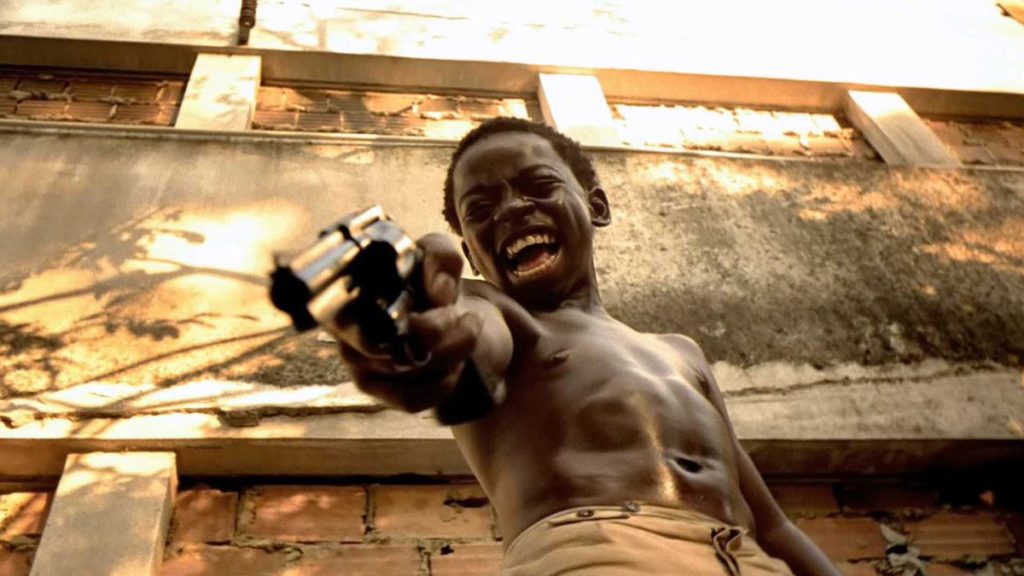
This critically acclaimed Brazilian film offers an unflinching look at organized crime in the titular “city,” a suburb of Rio de Janeiro. The vast majority of the cast were unknown prior to City of God. In fact, some of them (particularly the child actors) were residents of favelas: rural slums in Brazil that date back to the expulsion of formerly enslaved African people from major cities. Casting people from the setting that the film portrays results in a raw realism that may not have been achievable with professional actors. Douglas Silva stands out as Li’l Dice, a deeply disturbed and deeply disturbing child who grows up to be a sadistic drug lord. However, while City of God doesn’t shy away from the horrors of organized crime, it also emphasizes the systemic failures that lead people to commit crimes in the first place.
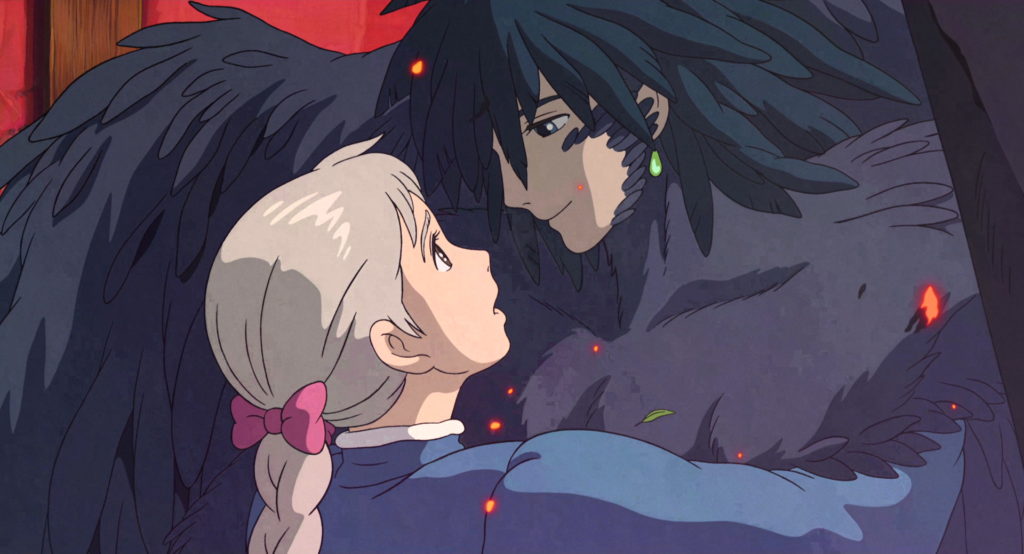
“What’s your favorite movie?” can be a challenging question for film lovers. Should we name the film that we have the deepest personal connection to, the film we get the most enjoyment out of watching, or the film that we think achieved the highest level of artistry? Nine times out of ten, though, Howl’s Moving Castle is my answer. This masterpiece introduced my 9-year-old self to Studio Ghibli and taught me crucial lessons about self-respect. For a child raised in Disney movies, Sophie and her relationship with Howl were revelatory. Howl’s Moving Castle is a different kind of love story: Sophie and Howl learn to love themselves and fall in love with each other in the process. To this day, I regard Sophie as one of the most empowering fictional women in film. (Plus, you know that Howl was everything my little gender-non-conforming self wanted to be. Icon.)
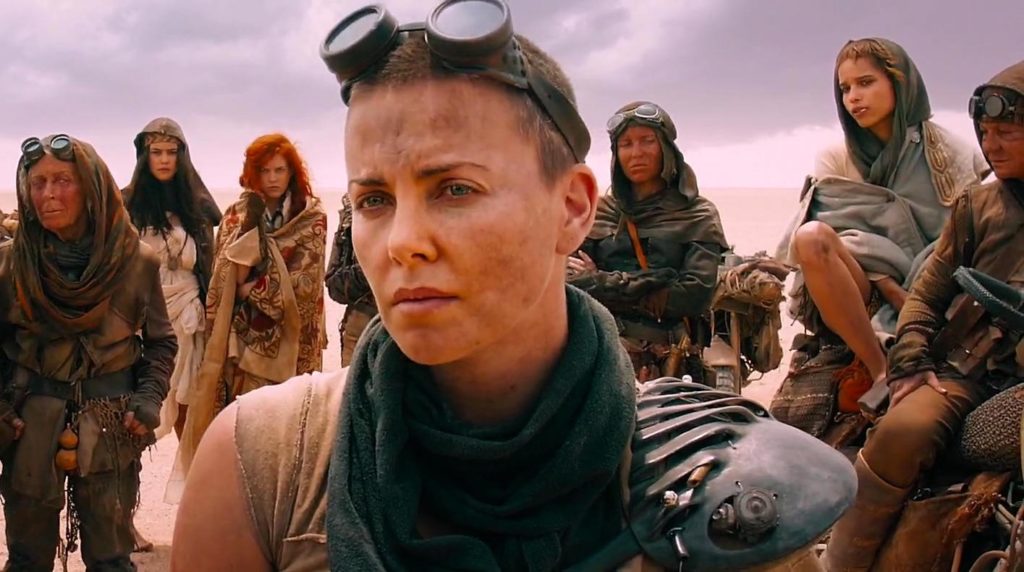
The latest addition to the Mad Max franchise stars Charlize Theron, sparked misogynistic boycotts, and prominently features an electric guitar with a flamethrower for a neck. What more do you need? Just in case, I’ll also mention that director George Miller achieves some of the greatest non-verbal worldbuilding I’ve ever encountered in the film’s opening scenes. Fury Road is also a (possibly accidental) feminist parable that rails against the radicalization of men and the exploitation of women. The epic chase scenes and non-stop explosions are cherries on top of the diesel-soaked cake.
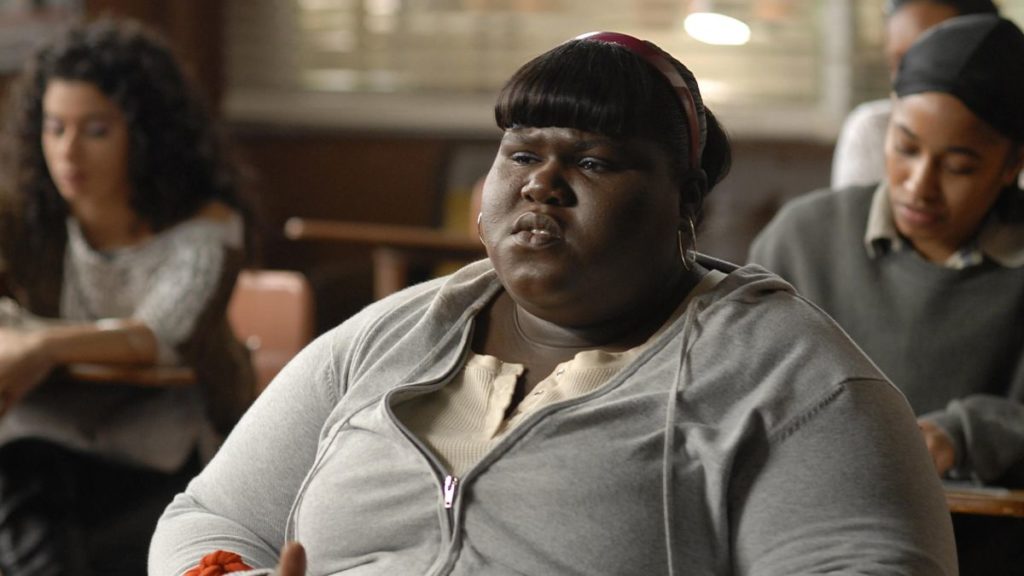
Precious is one of those rare films that can shatter your heart into a million pieces and still leave you feeling hopeful. The eponymous character has endured trauma after trauma before we even meet her, and the pain only continues over the course of this emotionally grueling story. And yet, we never stop believing in Precious: her resilience and determination carry her and the audience through all of her hardships, leading to a bittersweet finale that feels realistic and deeply earned. Precious was also a pivotal film for many Black artists: Gabourey Sidibe debuted as Precious, Mo’Nique stepped out of her comedy comfort zone as Precious’s abusive mother, and Geoffrey Fletcher became the first Black person to win an Oscar for screenwriting.
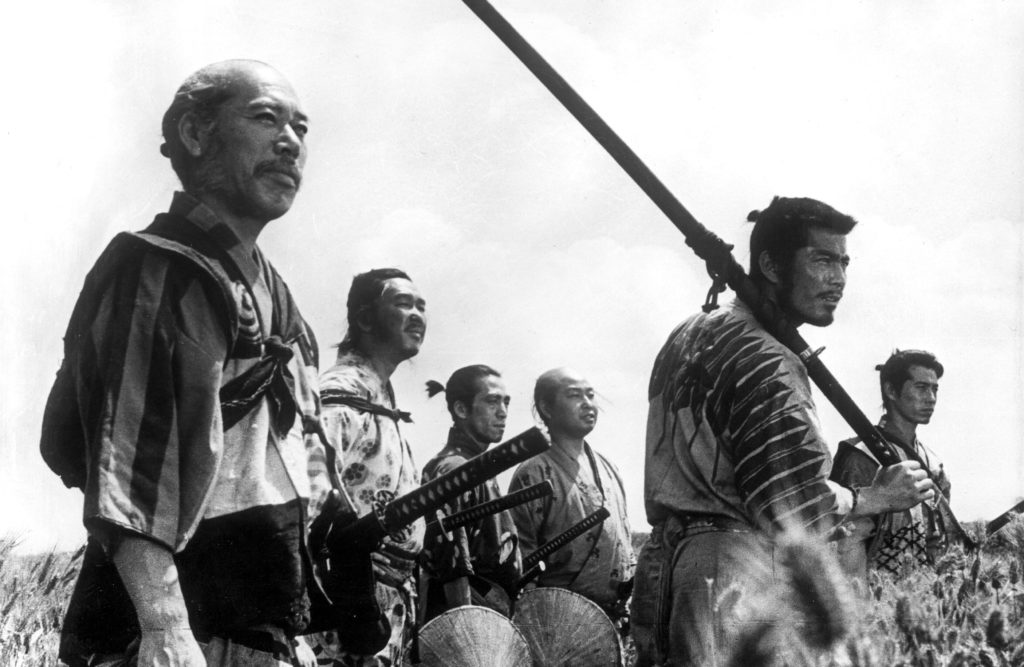
Akira Kurosawa left a lasting impact on cinema and storytelling as a whole. Pick any trope, any character arc, any genre convention from a film you love. There’s a good chance that Kurosawa did it first and did it better. That being said, Seven Samurai might be his most influential work of all. A historical epic with one of the greatest ensemble casts ever assembled, this film’s reach includes everything from Westerns to The Avengers to that “teaching the villagers to fight for themselves” episode from every TV show ever. Despite Seven Samurai‘s broad scope and large cast, every character is distinct and compelling—none more so than Kikuchiyo, an imposter who evolves from a buffoonish liar into a true hero who embodies the values of the samurai.
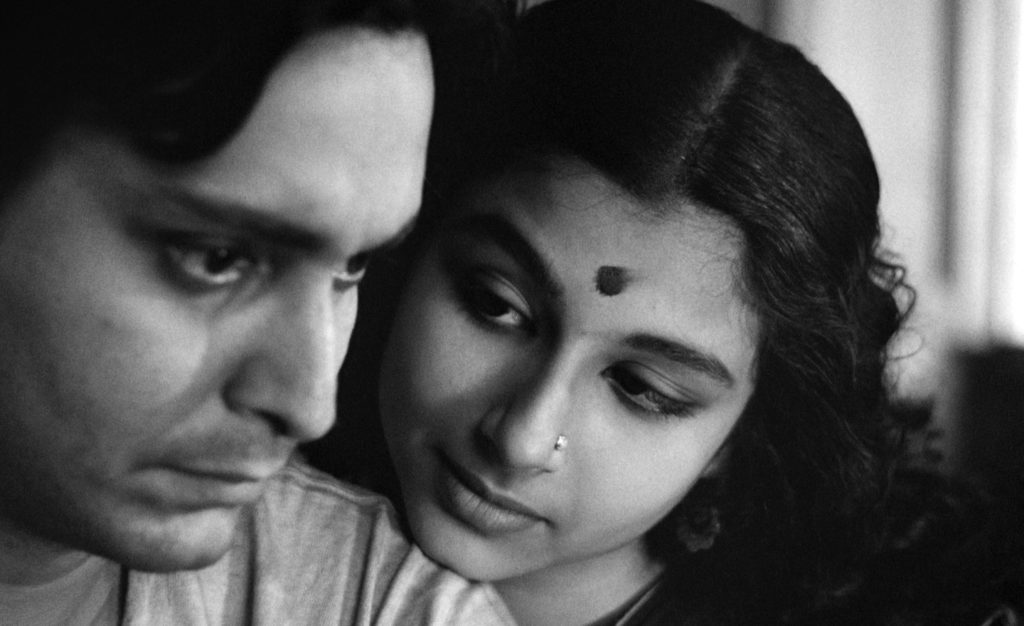
You may not have seen Satayajit Ray’s films, but you’ve almost certainly seen his influence. Christopher Nolan, Martin Scorsese, Wes Anderson, and Francis Ford Coppola have all cited this prolific Indian filmmaker as an inspiration. Ray’s work mines the depths of human experience with a slow-and-steady directorial approach that offers a full portrait of his characters’ lives. He excels at translating the personal to the universal with a subtlety that goes beyond metaphor. The World of Apu is the perfect encapsulation of Ray’s understated but powerful style. While technically the culmination of a trilogy, The World of Apu stands excellently on its own as a portrait of a man adhering to his principles, falling in love, and enduring unimaginable loss. Most of Ray’s oeuvre is available on HBO Max, but this would be my top pick of the bunch.
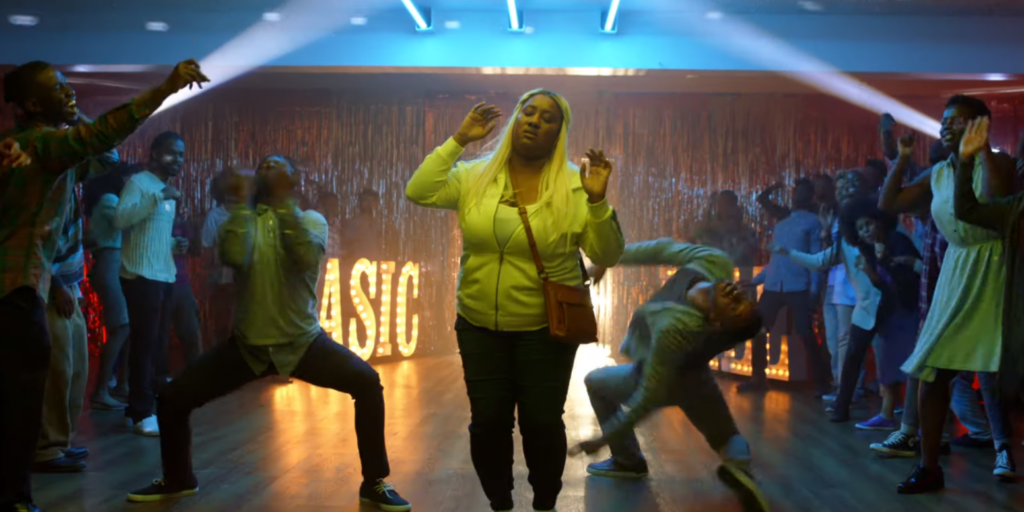
There’s no shortage of comedy sketch shows in the world, so they really need to stand out in order to succeed. A Black Lady Sketch Show does just that, with sketches that are timely, thought-provoking, and raucously funny. As the title suggests, the show’s leadership, creative team, and the main cast are almost exclusively Black women. Robin Thede created the show and generally takes the lead on writing, and the performers include talented comedians such as Ashley Nicole Black and Gabrielle Dennis. While A Black Lady Sketch Show hardly ever misses, the second episode of season 1 might just be the show at its best. A sketch about forgoing makeup at work tips delightfully into surrealism, and guest star Caldwell Tidicue (a.k.a. Bob the Drag Queen) emcees a “basic ball” in a sketch that touches on the intersections between the Black community, the LGBT community, and mental health while also being side-splittingly hilarious.
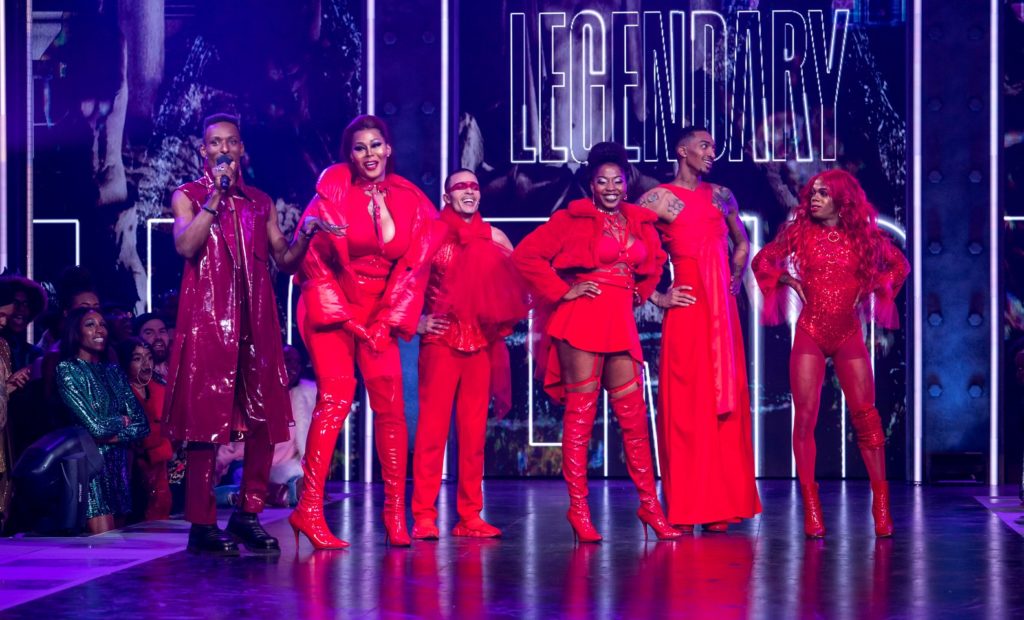
If you’re not familiar with ballroom, a rich LGBT subculture pioneered by Black and Latina trans women, Legendary is an excellent introduction. Host Dashaun Wesley and judge Leiomy Maldonado are bona fide icons in the ballroom scene, and they take time to educate viewers about ballroom’s history and the components of vogueing. Ultimately, though, the show entertains even more than it educates. Houses (chosen families made up of primarily LGBT people of color) deliver showstopping performances and share personal stories about how ballroom changed their lives. I haven’t seen so many trans women on my screen since Pose, and I’m so grateful that these women were given a platform to showcase their art. (Also, I now divide my life into before and after I witnessed the House of Escada’s circus performance from episode 3. Truly legendary.)
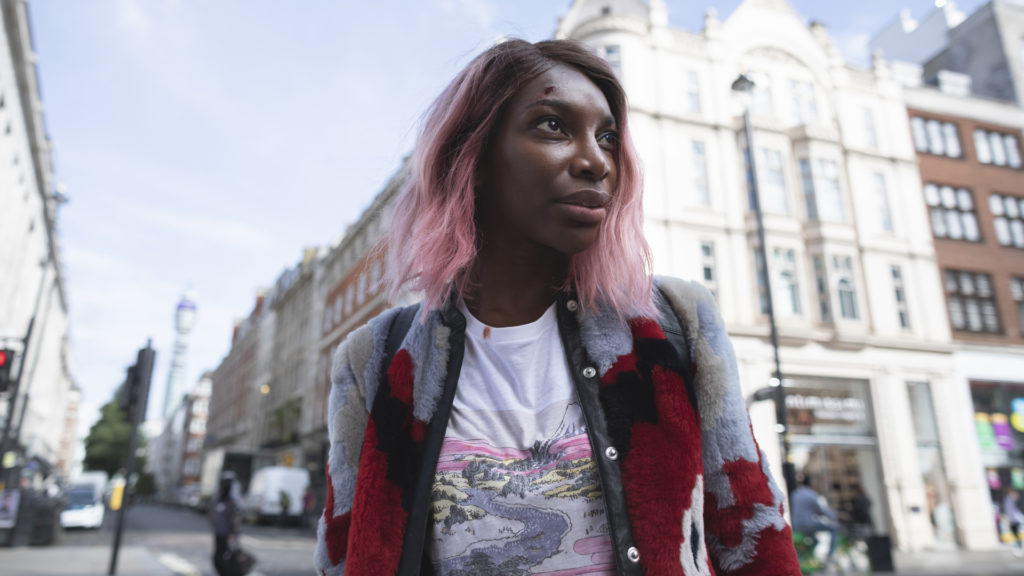
There’s not much to say that hasn’t already been said about I May Destroy You, Michaela Coel’s magnum opus about sexual assault, Black womanhood, and the uncomfortable complexity of consent. This is Coel’s project through-and-through: she wrote, directed, and starred in the show, resulting in an uncommonly unified story. In today’s TV landscape of overcrowded creative teams and endless seasons, it’s refreshing to watch a show with such a clear directorial vision. Coel delves into issues of consent with more depth and frankness than I’ve ever seen on screen. It should be noted that some activists and survivors of sexual assault disagree with Coel’s conclusions. No group of people, including survivors, are a monolith, and no single story should be seen as the “correct” narrative about trauma. That being said, I May Destroy You is a crucial addition to our society’s conversation about consent. Whether or not viewers agree with Coel, she got them thinking in a way few others have.
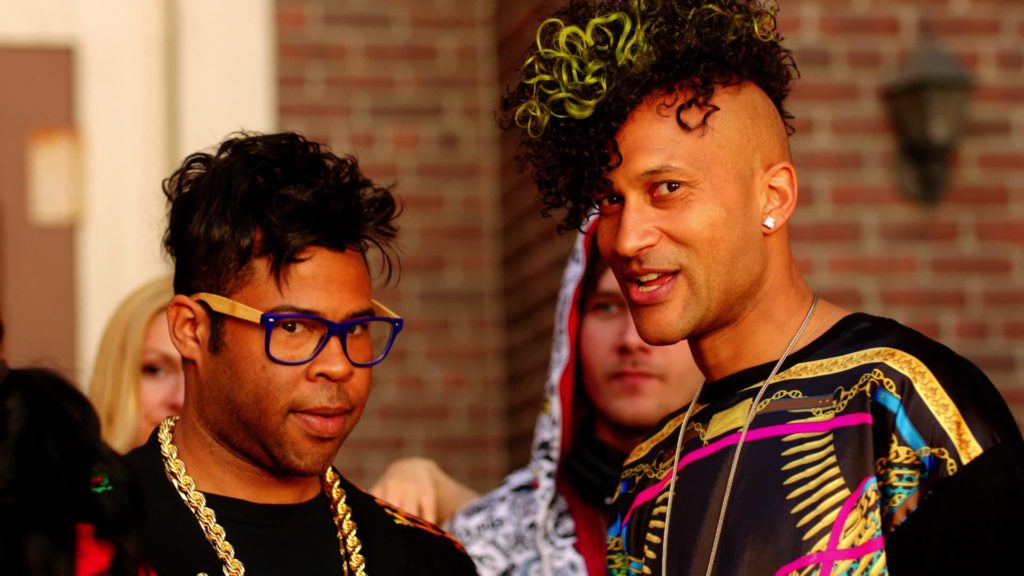
Yep, another Black-led sketch comedy show. Like A Black Lady Sketch Show, Key & Peele brilliantly marries social commentary with comedy. However, there are also plenty of things that set Key & Peele apart, particularly the friendship at the center of the show. Keegan-Michael Key and Jordan Peele have the kind of effortless chemistry that can’t be faked. They play brilliantly off of each other in sketches that reference pop culture, lampoon racial stereotypes, and explore their own evolving relationships with Black masculinity. Both are also massive film-buffs, and they often drop Easter eggs or lovingly parody film conventions, making Key & Peele a perfect show for the movie-going crowd.
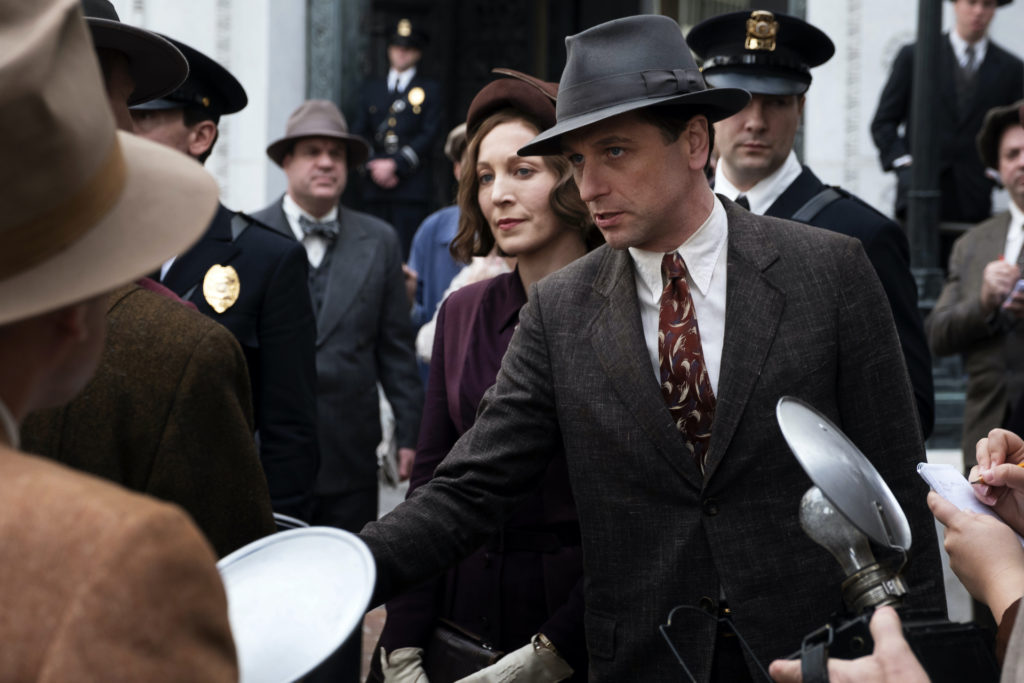
HBO’s 2020 reboot of a classic legal drama departs from its source material with a grittier tone and diverse cast. Perry Mason brings the world of 1930’s Los Angeles to vivid life and accurately reflects the diversity and discrimination that have always existed in America. Many period pieces use their historical context as an excuse to whitewash history. Not Perry Mason. While the lead character is a white man, the supporting characters stole the show for me. 2020’s version of Della Street is a closeted lesbian whose intelligence and legal knowledge far outpace Mason’s. Despite Mason’s inexperience, he’s able to build a legal career far more easily than Della thanks to the legal system’s misogyny. Paul Drake (who was white in the original show) is reimagined as a Black beat cop who strives to protect his family and his community while grappling with his employers’ racism and corruption. Both Della and Paul are multifaceted characters whose identities inform their stories without falling into stereotypes.
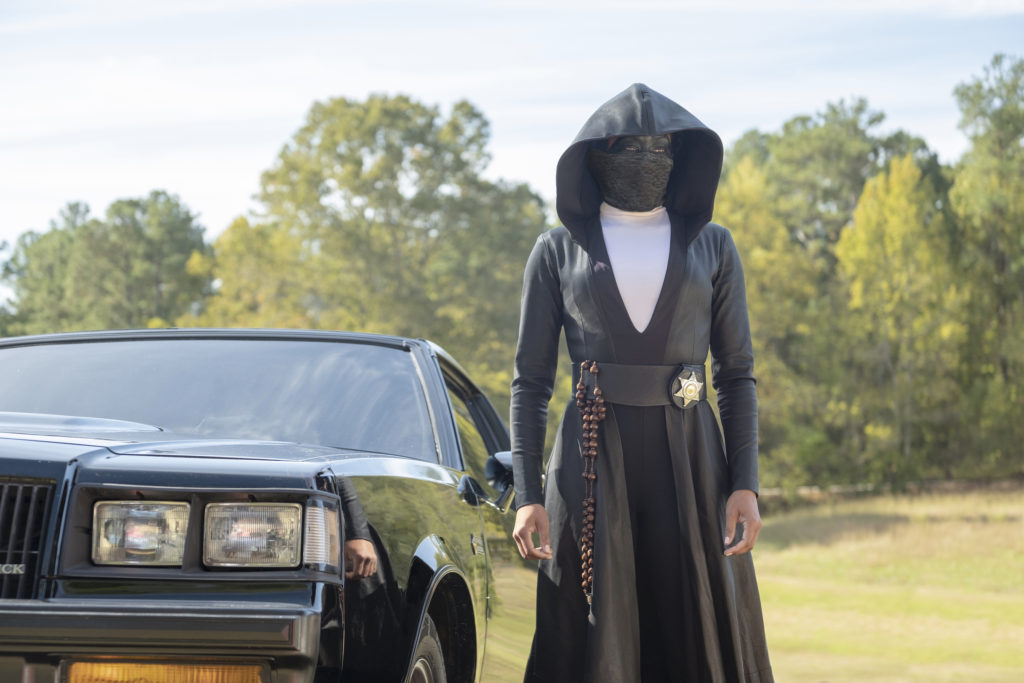
My taste in film and TV is unabashedly nerdy. As I’ve written before, I adore sci-fi, action, comic books, superheroes, and fantasy. I believe strongly in the cultural value of so-called genre fiction, and I believe that these stories should reflect the diverse audiences that love them. While there’s still a long way to go, recent years have seen an influx of diverse genre fiction that tackles social issues. Watchmen is among the best of the bunch. Based on a series of DC comics, the show brilliantly marries past and present by building the 1921 Tulsa massacre into its plot. The show’s alternate history branches from America’s real history of racist violence and asks tough questions about policing, vigilantism, and resistance. Classic sci-fi elements such as cloning and aliens merge seamlessly with the show’s political commentary. As far as I’m concerned, this is what sci-fi does best: using speculative fiction to make us think about reality in a new way. Besides, do you really need an excuse to watch anything starring Regina King? Didn’t think so.
Related lists created by the same author
Kate Winslet and Saorise Ronan deliver stellar performances in a film that doesn't live up to its potential.